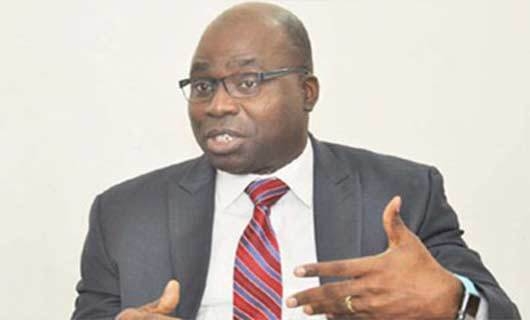The Chairman of the Independent Corrupt Practices Commission (ICPC) Professor Bolaji Owasanoye, has clarified that demanding sexual gratification in exchange for a favor or service provided is an abuse of authority punishable under the ICPC Act.
This was announced by Owasanoye at a one-day stakeholder meeting on the commission’s draft policy on sexual harassment in educational institutions, which was held in conjunction with the Ford Foundation.
According to the ICPC chairman, Section 19 of the ICPC Act makes it illegal to use public authority to gratify or confer corrupt or undue advantage on someone or others.
“Under the ICPC Act, Sexual favors are classified as a form of benefit. It is an abuse of power when someone in a position of power or authority uses that power recklessly by seeking sexual gratification.
“The commission has successfully demonstrated in court that sexual harassment is a form of power abuse in which the perpetrator makes use of his position and advantage to seek and sometimes get sexual enjoyment from the victim,” he added.
In the context of FRN vs Richard Akindele, the ICPC established that mere demand for gratification is a crime that the Commission can and would pursue, according to Owasanoye.
The ICPC chairman added that, as part of its efforts to address the rising problem of sexual harassment, the commission had launched a project concentrating on its mandate of enforcement, prevention, and public education, with the help of the Ford Foundation.
According to him, the project began with ICPC investigators and prosecutors developing their capacity to better comprehend, investigate, and prosecute sexual harassment cases.
“Through this project, the commission is increasing its ability to respond to a wide range of situations of sexual harassment including abuse of authority, particularly in educational institutions, particularly university and secondary education institutions.”
“This isn’t to say that sexual harassment doesn’t happen in other parts of society,” he continued, “but the situation in educational institutions can rightly be defined as an epidemic.”
According to Owasanoye the promotion of rules that deter sexual harassment at educational institutions is also part of the commission’s mandate.

